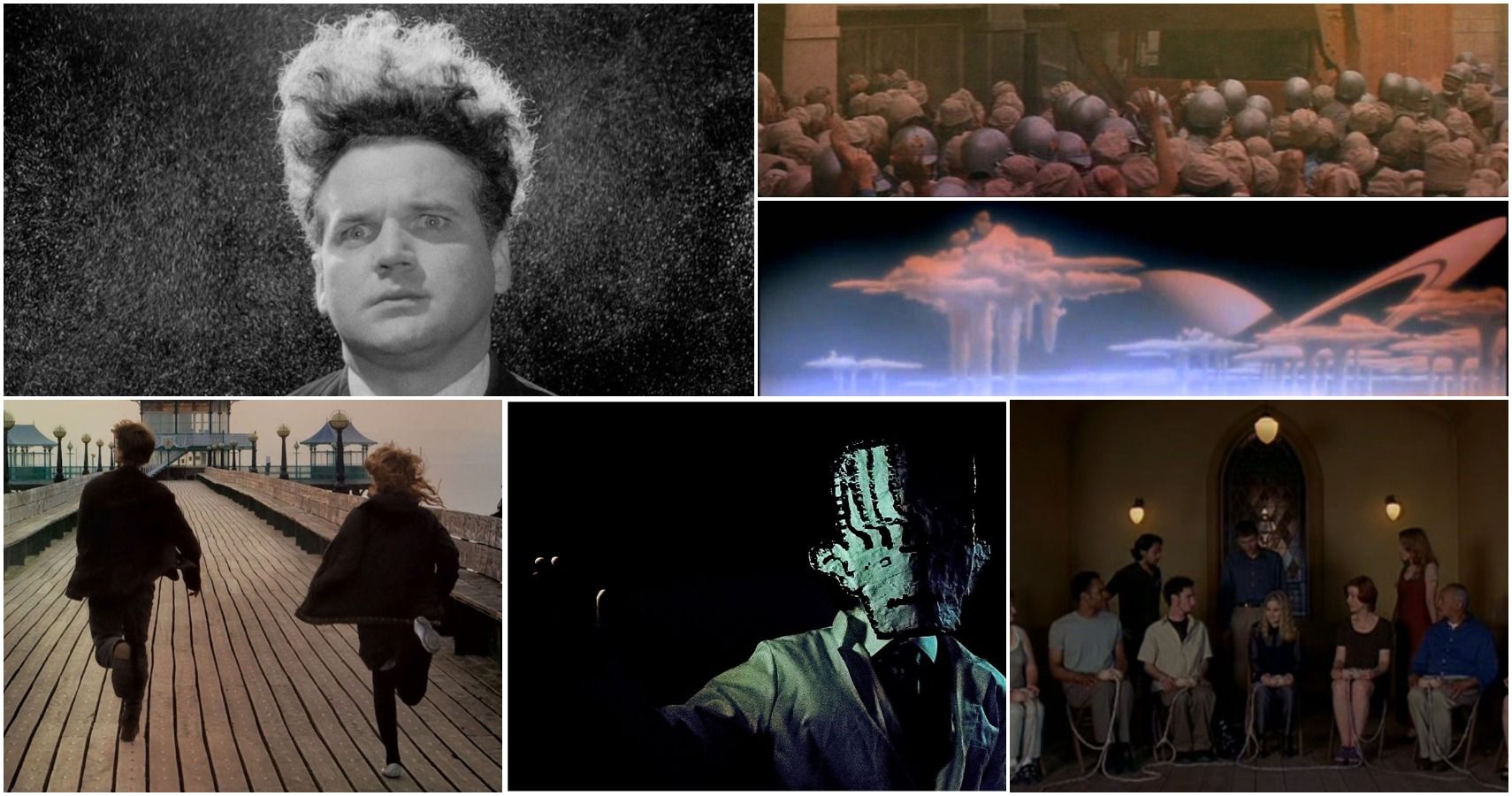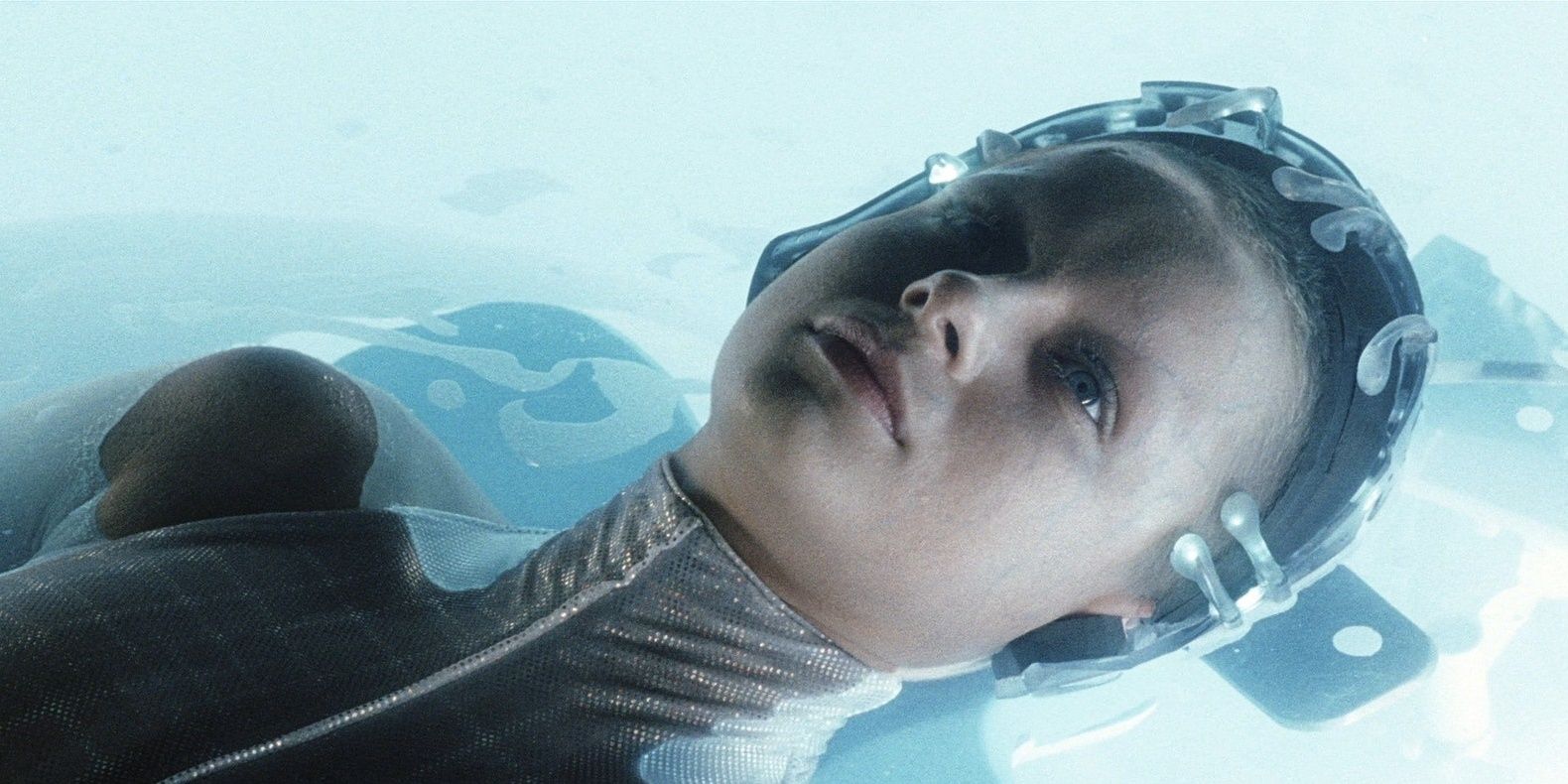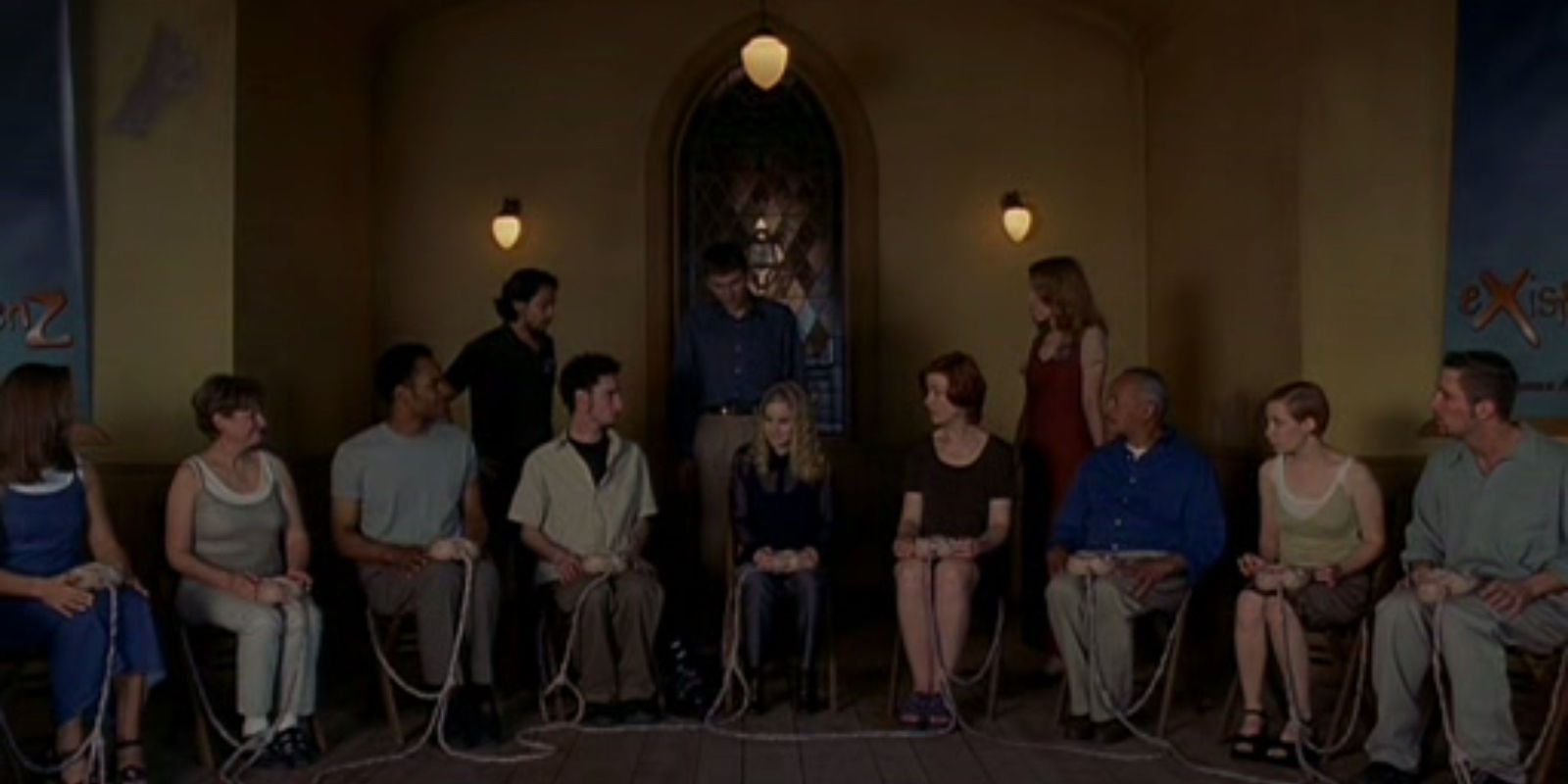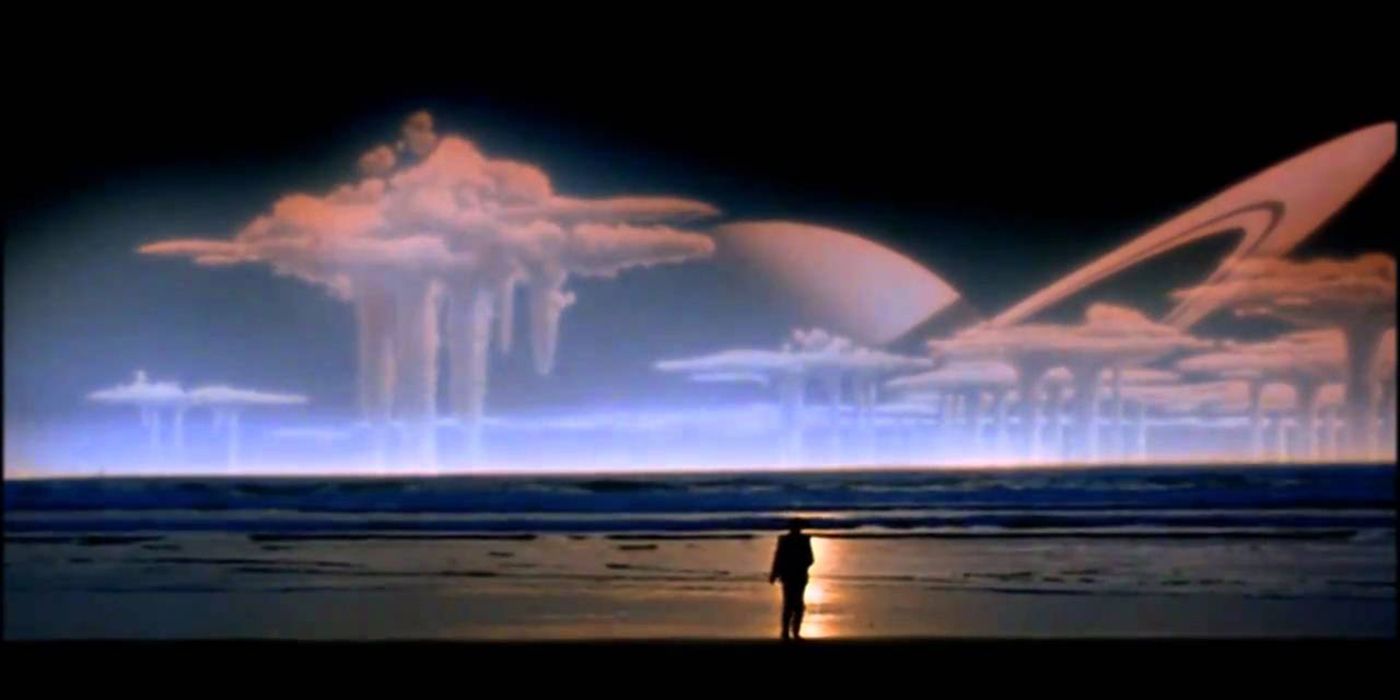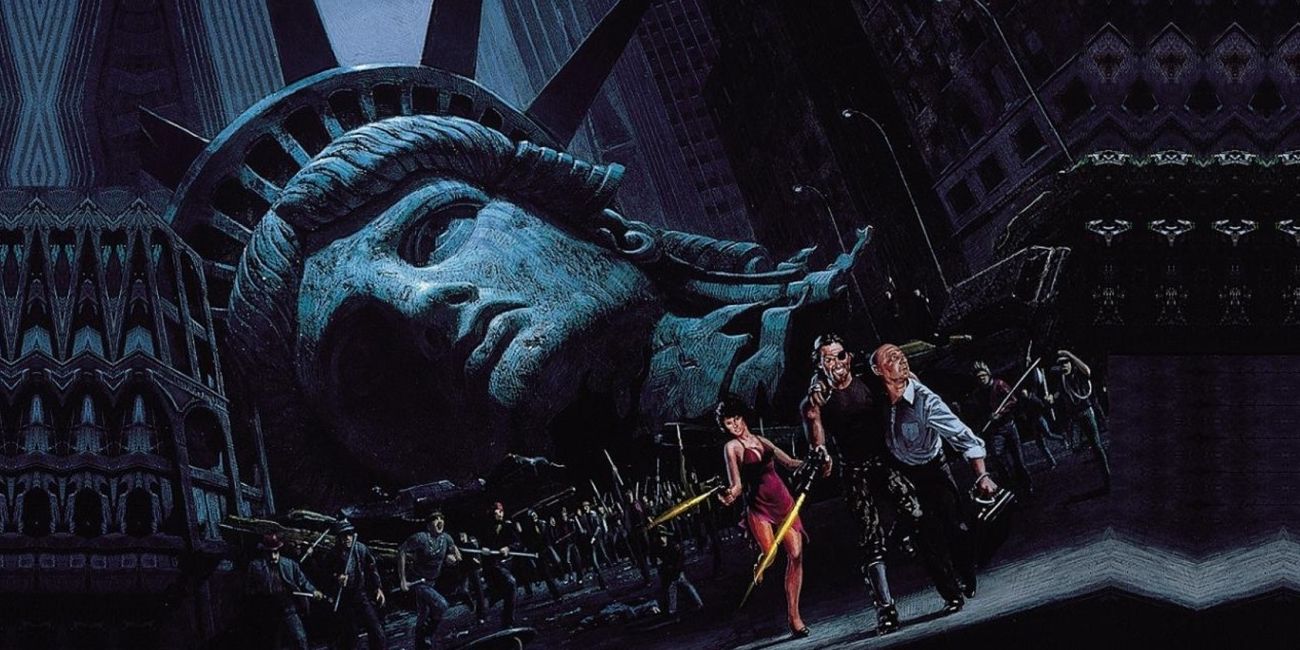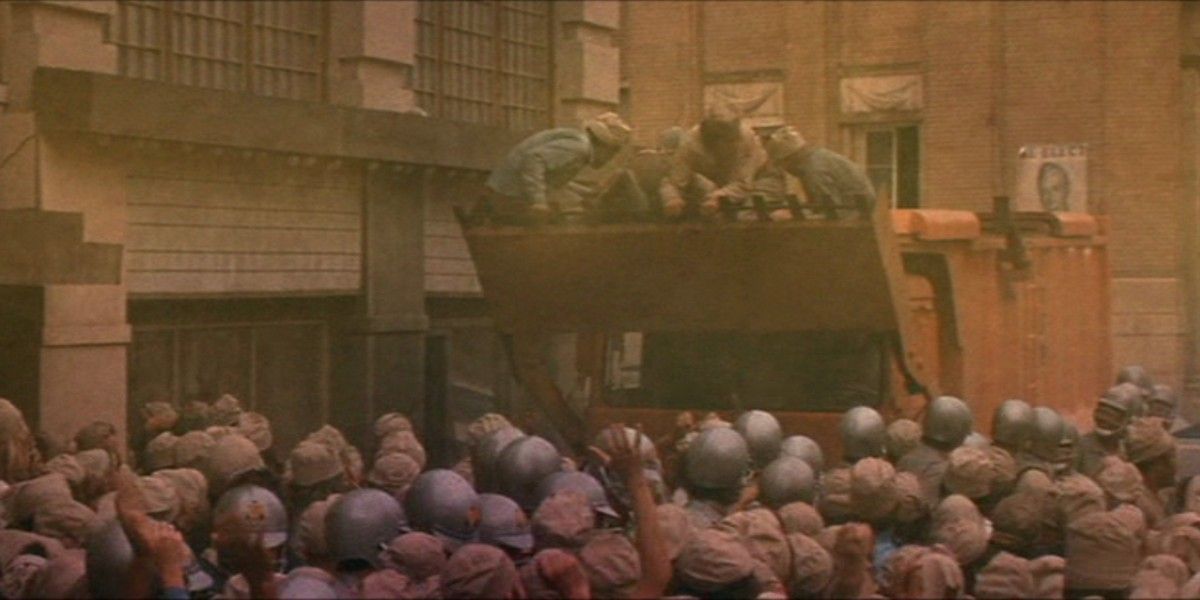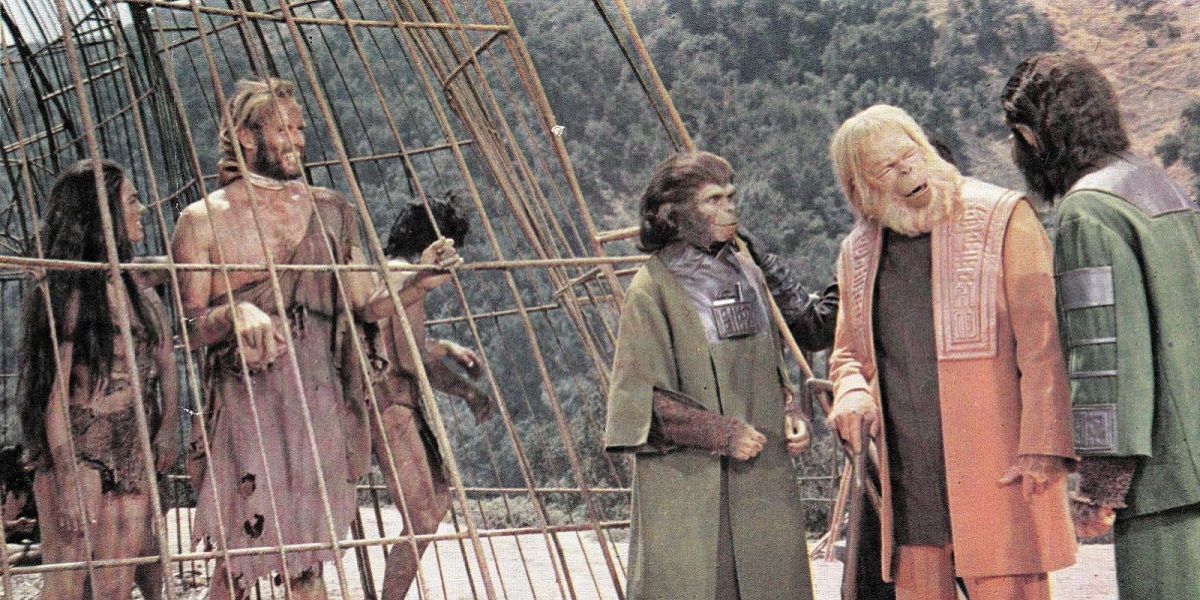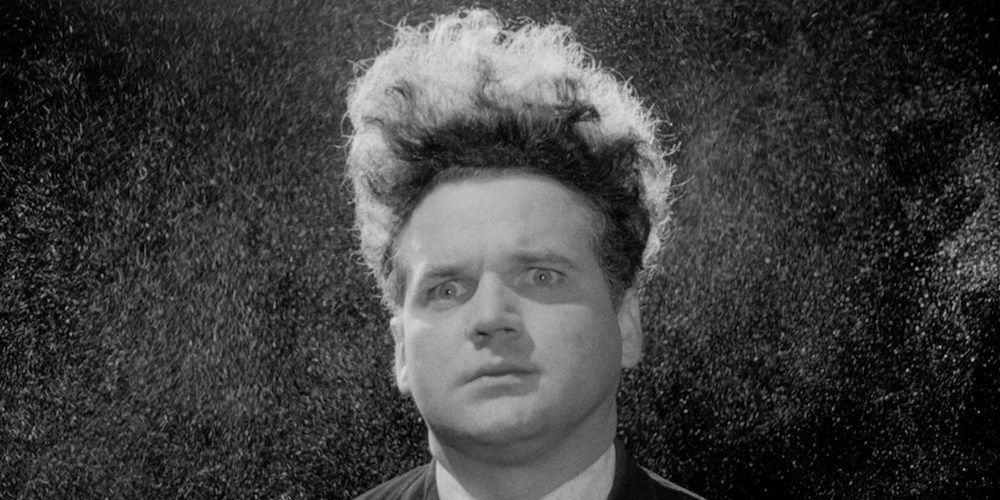The dystopian film is a genre that has been around almost as long as movies themselves. There is seemingly something eternally appealing about looking into the future and seeing only the negative
Indeed, it shouldn’t surprise us that so many dystopian science fiction films--particularly those that focus on alienation, absurdity, and keen existential angst--would also appeal to Franz Kafka, an author whose works explored those feelings more adeptly than almost anyone else. The films here are perfect for your inner Kafka, a reminder of just how bleak human existence can be.
Minority Report (2002)
In much of Kafka’s work, there is a sense of the alienation of the individual, of people out of sync with the world around them. That sort of sensibility is on conspicuous display in this film, which brings to life a future in which crimes are prevented by arresting those who would commit them beforehand. It depicts a world in which the individual is at the mercy of a corrupt state, where the only hope lies in rebellion and exposing the rottenness beneath.
Kafka’s Supermarket (2019)
Appropriately enough, this film actually has the author’s name right there in the title. It’s an apt one, too, as this is a searing exploration of the many things that currently afflict our culture and society, leading to the profound malaise that we all feel. Though it’s a relatively short film, there is enough here to remind us of the enormous costs of commercialism, not just on society as a whole, but also on the individual psyche.
eXistenZ (1999)
David Cronenberg has a well-deserved reputation for creating films that are chilling and deeply disturbing in the ways that they portray the ways in which we can become alienated not just from our society and those around us, but from our very bodies. In this film, the characters live in a dystopian world where gaming technology has advanced to such a point that it is now literally part of the human body.
The film isn’t for the squeamish, but Kafka would definitely appreciate the way that the film explores alienation.
The Quiet Earth (1985)
Though the 1980s is a decade more known for its action and disaster films than its dystopias, this little-known gem manages to capture some of the angst that dwelt beneath the surface of the decade’s seemingly triumphant exterior. This film follows three people left on Earth after a disaster wipes away the population. The ending is a truly enigmatic one, and it is precisely the unknowability of its meaning that makes this film something that Kafka, always with an eye to the absurd, would appreciate.
Escape from New York (1981)
This film, clearly tapping into the concerns about crime that rippled throughout society, depicts a future in which all of Manhattan has been turned into a prison. Directed by John Carpenter, it’s a moody and sometimes very strange film, immersing us in a future that seems all too realistic but also one that makes us examine our own paranoia and neuroses. It is precisely the film’s moment of surreal absurdity, however, that makes it one of those films that Kafka would have appreciated.
Soylent Green (1973)
The 1970s were a bit of a bleak decade, with the United States struggling to make sense of traumatic events. This film is a perfect distillation of those concerns, as it shows a future where population growth has led to a food crisis around the world. The film’s central enigma revolves around the titular substance, which the film’s hero attempts to unravel. It’s a searing and uncomfortable portrait of a future where existence itself seems to hang on a thread, and where the individual is ultimately powerless before both nature and the state.
Planet of the Apes (1968)
Even though this film has become a classic of science fiction, even its devoted fans have to admit that there is something more than a little absurd about the premise of apes ruling a planet where humans are little more than beasts. However, it’s precisely the film’s most absurd moments, those in which familiar sayings are turned into humor, that ultimately become the most chilling. They are a potent reminder to both the film’s hero, the astronaut Taylor, and those of us sitting in the audience that there is, in fact, something more than a little absurd about humanity’s dominance of our planet.
Eraserhead (1977)
No list of dystopian science fiction--particularly one centered around Kafka--would be complete without at least one film from acclaimed (and often very strange) director David Lynch. In fact, Lynch has said outright that his writing of the script was influenced by the stories of Kafka, and one can see that in the very strange and alienating narrative and visuals in the film.
It’s one of those films that has to be seen to be believed, and once you have you may find yourself wondering: what did I just watch? Nothing could be more Kafka than that.
Never Let Me Go (2010)
There is something about the human body that seems to lend itself to the dystopian science fiction film. In this film, a British production, we are shown a world in which some people are fated to have their organs harvested in order to help prolong the lives of others. It’s a hauntingly beautiful film, involving both doomed romance and the power of art. It is precisely the haunting nature of the film, as well as the absurdity of human life in the face of others’ greed, that makes it one that Kafka would like.
The Island (2005)
Though Michael Bay is best known for his films featuring lots of explosions and scantily clad women, this film is actually a rather thoughtful exploration of the nature of humanity and whether it is possible to find true meaning in an increasingly alienated world. Despite the fact that it has a happy ending, there’s no doubt that Kafka would approve of the way that the film forces us to confront our complacency in the exploitation of others and the absurdity of that complacency.

